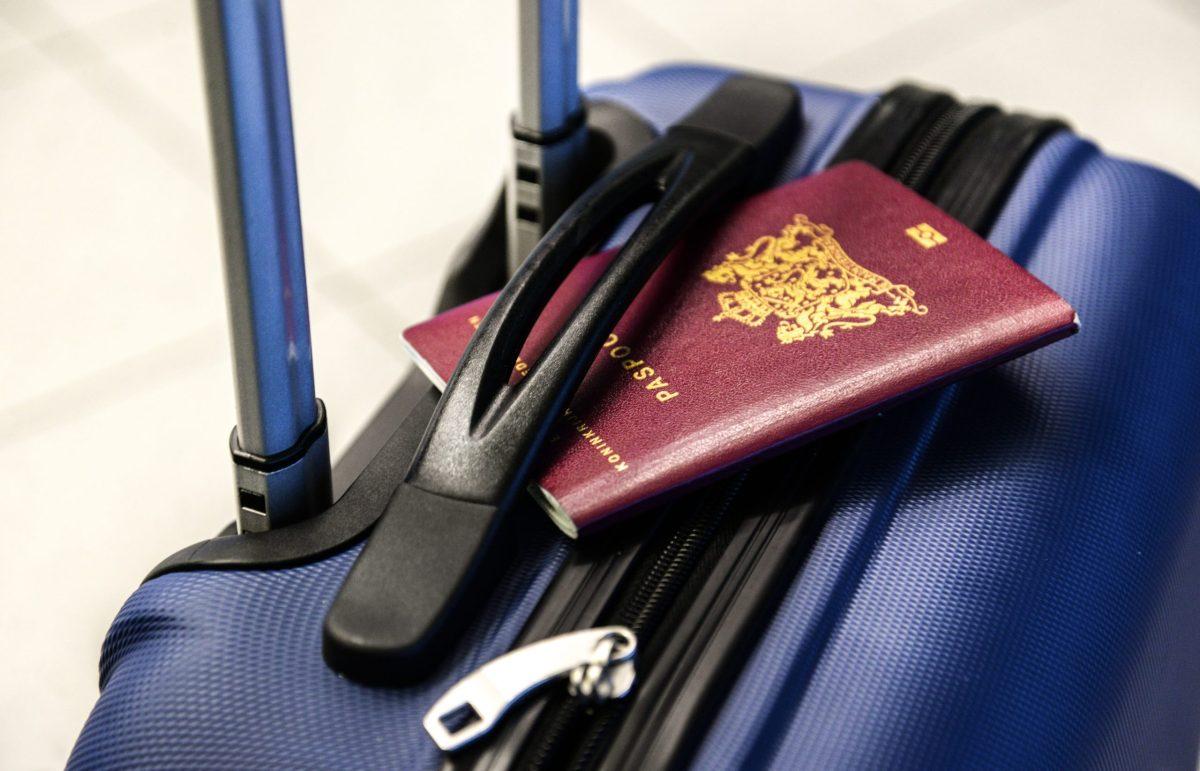As of April 15, roughly 42% of New Jerseyans have received at least one COVID-19 vaccination dose and at least 23% are fully vaccinated. These numbers are increasing daily, and as vaccine distribution becomes more commonplace, the state government is becoming more pressed with discovering solutions on how to differentiate the citizens who have been vaccinated from those who have not.
The most popular idea that has been circulating is for the government to issue ‘vaccine passports.’ Anyone who has already been vaccinated is in possession of a vaccine card. The vaccine card contains information on that individual, particularly their name, birthdate, and which vaccine they received. The passports are extensions of vaccination cards, and they are meant to act as a quick identification method to verify that a person is vaccinated. This verification would assist in lockdown reopening efforts, as private businesses would be able to check the vaccination status of their patrons in under a few seconds.
Vaccine passports have been criticized by people who see them as being regressive and restrictive. Many are concerned about the implications of being required to have documents to enter certain spaces. These concerns are amplified by the disproportionate lack of access to the vaccine amongst different minority groups. Due to these types of complications, the federal government has already declared its stance on vaccine passports. White House Press Secretary Jen Psaki announced that the U.S. federal government would not issue them, citing concerns about inequitable distribution.
The state of New York has taken the opposite approach to vaccine passports, and recently became the first state to issue them to its residents. The New York State Excelsior Pass is a vaccine passport linked into the New York vaccination system, which contains data on all New York residents who have been vaccinated. The New York system is free to all residents, and completely voluntary, but it also requires those who use it to have a form of legal identification on them to be paired with the Excelsior Pass.
New Jersey has had an ambivalent attitude towards the implementation of a vaccine passport. Governor Phil Murphy in particular is not completely opposed to the idea of the state having some sort of vaccination verification system, but he is concerned about the inequality issues that might stem from implementing a vaccine passport. He alluded to being more open to a vaccine passport system if it could be reliable and fair for all citizens using it.




























